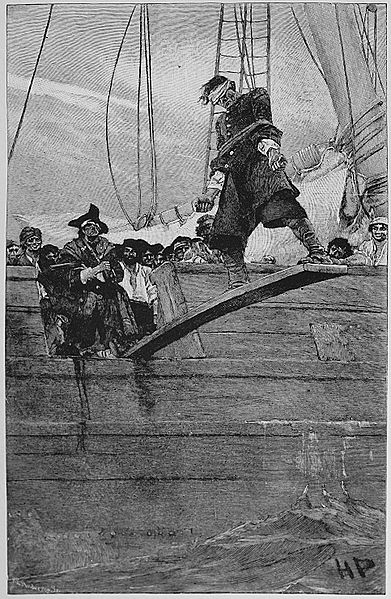
New estimates, based on U.S. Census data from 1870, strongly suggest that Civil War casualties totaled somewhere from 750-850,000, rather than the 600,000-plus figure used in history books for the last century and a half. According to this New York Times article:
The difference between the two estimates is large enough to change the way we look at the war. The new estimate suggests that more men died as a result of the Civil War than from all other American wars combined. Approximately 1 in 10 white men of military age in 1860 died from the conflict, a substantial increase from the 1 in 13 implied by the traditional estimate. The death toll is also one of our most important measures of the war’s social and economic costs. A higher death toll, for example, implies that more women were widowed and more children were orphaned as a result of the war than has long been suspected.
In other words, the war touched more lives and communities more deeply than we thought, and thus shaped the course of the ensuing decades of American history in ways we have not yet fully grasped. True, the war was terrible in either case. But just how terrible, and just how extensive its consequences, can only be known when we have a better count of the Civil War dead.
It should always be remembered that most of the casualties of the Civil War did not come from death on the battlefield, but from the inherent dangers of army life of the day. Accidents, illness, infections. “Just being in the army in 1861,” Bruce Catton said somewhere, “was more dangerous than almost anything we know about today.”
Tip: Grim’s Hall.
Turning to an entirely different matter, if you own a Kindle, you might want to check out Free Kindle Books and Tips, a weekday blog that offers books, games, and apps, usually free. I’ve found a few things worth reading there.

 “Sometimes we hear it said that ten minutes on your knees will give you a truer, deeper, more operative knowledge of God than ten hours over your books. ‘What!’ is the appropriate response, ‘than ten hours over your books, on your knees?’ Why should you turn from God when you turn to your books, or feel that you must turn from your books in order to turn to God? If learning and devotion are as antagonistic as that, then the intellectual life is in itself accursed.” – B.B. Warfield (The Spiritual Life of Theological Students). (via
“Sometimes we hear it said that ten minutes on your knees will give you a truer, deeper, more operative knowledge of God than ten hours over your books. ‘What!’ is the appropriate response, ‘than ten hours over your books, on your knees?’ Why should you turn from God when you turn to your books, or feel that you must turn from your books in order to turn to God? If learning and devotion are as antagonistic as that, then the intellectual life is in itself accursed.” – B.B. Warfield (The Spiritual Life of Theological Students). (via 
